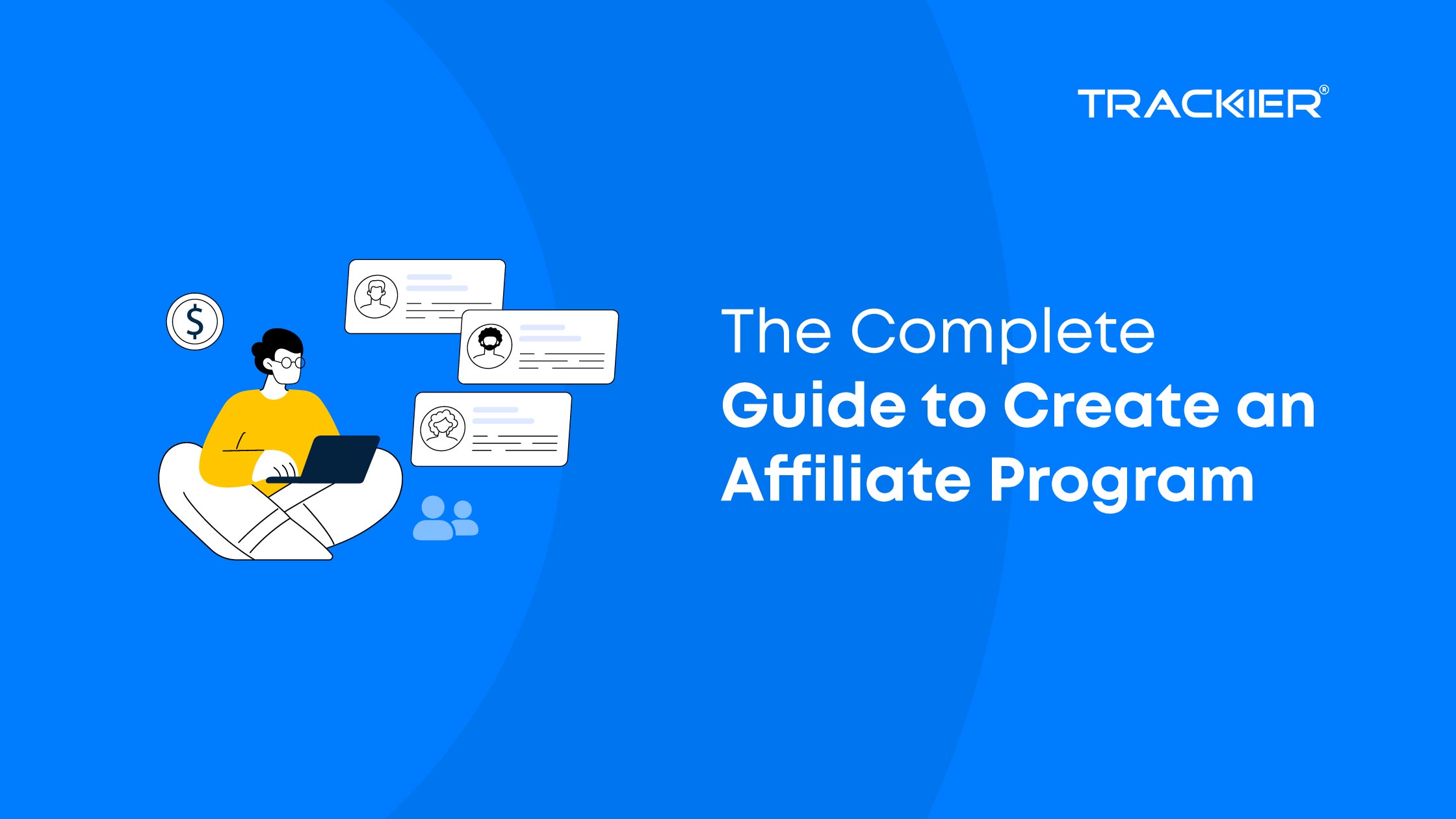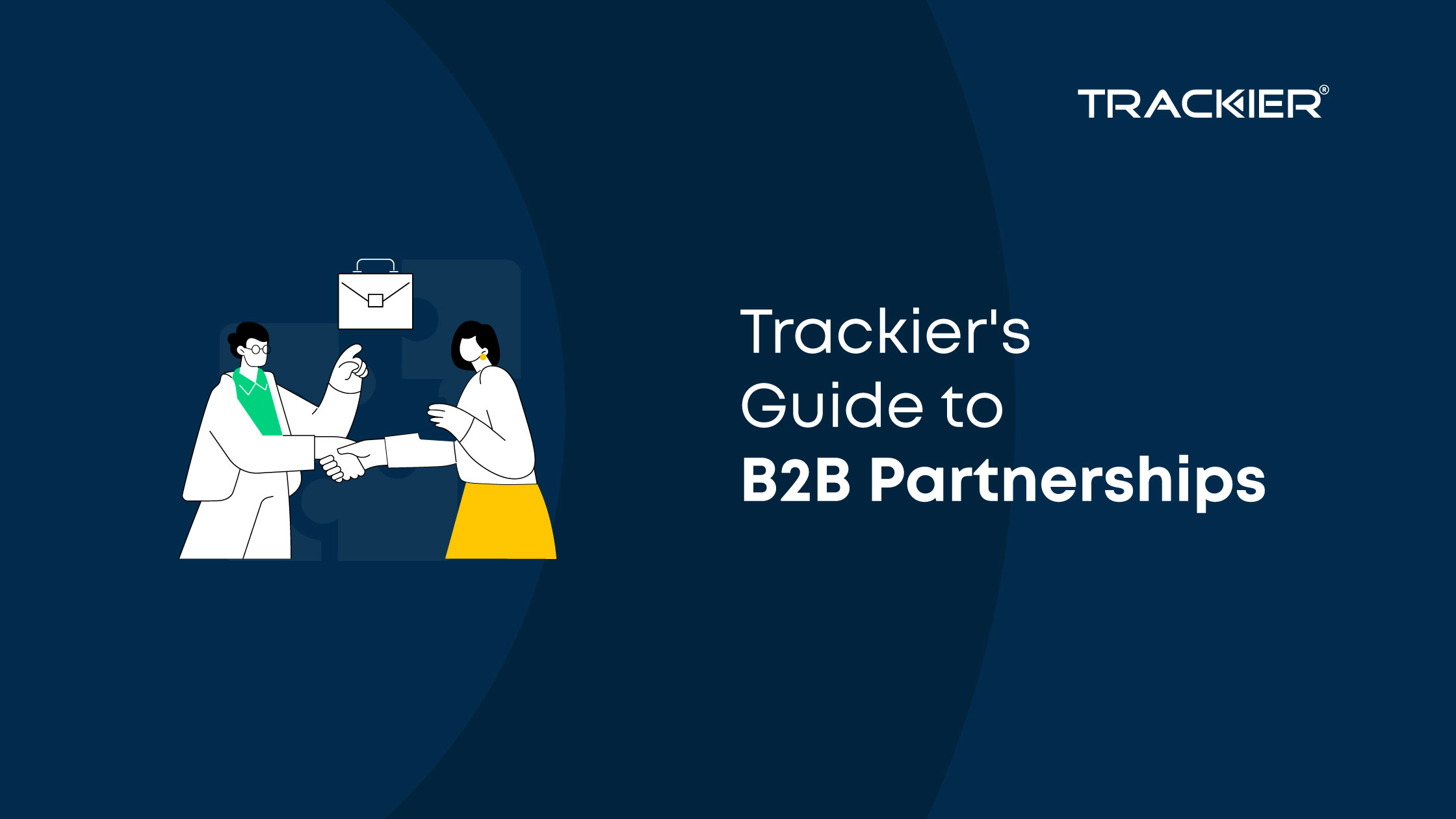When the choice to pursue opportunities abroad is made, iGaming companies usually desire to expand quickly.
As an affiliate, you must remain current. The demand from content providers to localise their offerings will only grow given that there are more than 6,500 different languages spoken on the planet and that only around 25% of internet users are native English speakers.
International gaming brands are already among the most global businesses out there, despite the fact that this may not be immediately apparent. This is true across many European languages.
But first, allow us to explain what a localization strategy is to you.
What Is A Localization Strategy?
Your localization strategy is the overarching framework you use to adapt your products, messages, and content to new regions and markets while staying true to your brand.
Because your customer’s experience always covers the whole journey—starting with the time they find your brand and continuing through all future interactions—a successful translation strategy demands something from every department.
There are many instances of catastrophic half-measures when grand ambitions are derailed, so not every brand will, however, take the appropriate steps or be sufficiently focused to completely capitalize on foreign chances.
Learn About iGaming And Casino Platform!
Here are my five pieces of advice for affiliates wishing to expand their service to global consumers in light of that.
1.Start Working For It!
Don’t think of localization as a “good to have” but optional feature. There is substantial evidence to support the claim that internet users are significantly more likely to purchase a product when information about it is available in their mother tongue. According to recent research, over 70% of consumers are more likely to click the “buy” button when reading about the product in their mother tongue.
The same is true for online casinos; what better method to attract traffic and reputation than by speaking to your consumers in their own language? The importance of trust cannot be overstated, particularly in newly regulated markets where users are genuinely concerned about how to play as well as how to be certain they will be paid out if they win.
2. Make your URLs and metas localised
Even in the modern day, this may seem obvious, but it is still possible to overlook it. You can promote similar content in multiple languages without risking sanctions if you employ href tags to flag your language variants to Google.
Your organic search results will be relevant, interesting, and likely to generate those vital clicks if your titles, meta descriptions, and headers are properly localised, adhere to character limitations, and include the right keywords.
We return to the subject of trust once more in order to compete in SEO. The primary source of “free” traffic we observe in new markets is localised content that responds to the inquiries of players in other nations. This is an important factor for affiliates to take into account.
3. Choose appropriate keywords
Choosing the appropriate keywords for each language is crucial. That does not merely entail accessing an online dictionary to translate a list of terms from your original language (yes, some people do do that!).
Because we are aware that consumers’ search query formulations differ from region to region, our specialists localise key words and phrases by doing in-depth research in the top local search engines to maximise SEO performance for priority pages.
It’s not enough to simply have good translations in this effort; the final content also needs to represent the keywords, themes, and phrasing you can actually compete for, as well as an evaluation of the worth of that traffic.
4. Avoid using automatic translation tools for your content
While technology is wonderful, it is difficult to picture the translation industry of today surviving without a variety of highly complex technological solutions, such as CAT tools and translation management systems.
However, it is still preferable to leave localization to people, particularly when it comes to affiliate marketing. You can attract, engage, and keep users by using the appropriate tone of voice and a natural, organic flow of the text.
Yes, Google Translate can be quite helpful if you want to understand the gist of recent international news, but keep in mind that machines cannot transcreate.
5. Pay close attention to details
Language is simply one aspect of localization; other factors include currencies, the accessibility of special deals and payment options in the target region, the popularity of particular betting marketplaces, etc.
Will the first deposit bonus offered by a US bookmaker when promoted in Austria or Poland still be in GBP? What payment options must be included in every text addressed to India?
Is it appropriate to mention a betting company’s array of cricket markets while speaking with Japanese clients? It can be surprising how frequently these subtleties are missed, leading to texts that may be well-written but just slightly “wrong,” which significantly lowers interest.
Use native-speaking linguists and SEO specialists who are based in the target regions when working with an agency or choosing team members so they can examine specifics like these and provide guidance on the best course of action.
Key Takeaways
In marketing, linguistic work is always accompanied by broader cultural considerations, and having local specialists can be absolutely invaluable.
For globally oriented affiliates, poor localisation followed by further “fixes” frequently costs more than good localization from the start, but not every brand is ready to make that move.
Quality is essential for individuals who want to advance quickly and far, and it may provide them a competitive edge even in the most congested sectors.
Register Here To Avail A Free Trial!














